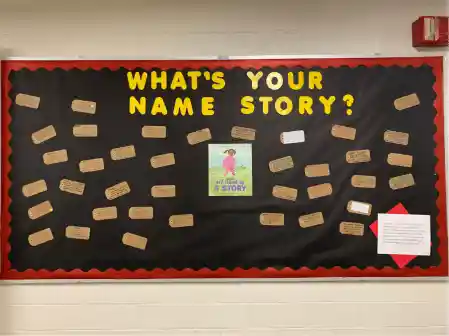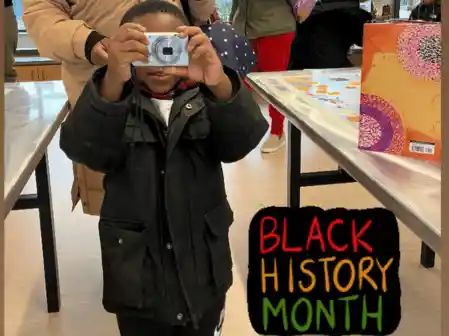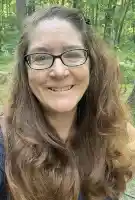Creating a Sense of Belonging in Classrooms

Creating a Sense of Belonging in Schools
Belonging for young children in schools and classrooms is being in a place where they feel confident enough to play without having to look over their shoulders seeking approval, or dodging disapproval, to explore without fear, to redefine their space and to use materials found around them to create for themselves a sense of order, pattern, and structure. As a teacher, creating a sense of belonging in schools is so important.
What is Sense of Belonging and Why Belonging Matters in Early Childhood
In early childhood, our relationships are central to a sense of belonging. Belonging is key to our sense of being and shapes who children are and who they can become. During Early Childhood children have time to become and experiment with and make meaning of the world hopefully, in a supportive environment.
Why Your Story Matters in Creating a Sense of Belonging
Our own backgrounds, experiences and beliefs deeply impact our work on belonging. Reflecting on your own journey is vulnerable and important work that will help guide our work on creating a sense of belonging in our programs and classrooms.
Think of a time you went someplace, and you didn’t feel like you belonged? Why didn’t you feel like you belonged? What was it that happened or didn’t happen that made you feel that way? What helped you with the feeling?
Sense of Belonging Research
There is plentiful research that supports creating spaces that foster a sense of belonging is essential for children, families, and educators.
Dr. Mary Louise Hemmeter said, “We know that environments that promote positive relationships, that are consistent and predictable for children, that promote a sense of belonging are environments in which children are more likely to thrive, are more likely to develop the social-emotional competencies they need, and more likely, ultimately, to learn and be ready to go to school”.
Harvard Business Review (2019), The Value of Belonging at Work reminds us that social belonging is a fundamental human need, hardwired into our DNA. And yet, 40% of people say that they feel isolated at work, and the result has been lower organizational commitment and engagement.
Creating a Sense Belonging in Early Childhood
How do you currently create a sense of belonging for families and staff in your program? Taking time to reflect and think of what you currently do is the first step. This becomes our foundation to build on.

Creating a Sense of Belonging for Families
Families report that from the very first contact they began to either feel or not feel a sense of belonging. How they were greeted, communicated with and welcomed made a big impression. Having a meet and greet or home visit prior to starting and again a month or so after starting were two strategies families noted that were helpful in making them feel like they belonged.
It may seem as a given however greeting families and children each morning with genuine interest and kindness was consistently shared as critical to creating a sense of belonging.
Families appreciate being asked for input however only if their voice is going to be heard. It is critical to close the loop after getting feedback. Let families know what the feedback is and how you will be using it. This can be done individually or collectively.
Having multiple avenues to stay engaged also assists families in feeling like they belong. This could be phone calls, text, apps, volunteering and being engaged in planning and decision making within the classroom and program.
Using inclusive language in addition to having translation services for families whose first language is not English is fundamental. Sharing pictures of children’s families and extended families made families and children feel like they belong.
Activities to Create a Sense of Belonging
In addition to what is shared with families, there are some additional things to build on for children. Having materials that mirror the community the children live in. Planning of activities and experiences that they engage with each day. This includes traditional food that is like food they would experience at home. Prioritize connection and build a relationship that is steeped in respect for them and their families.
One of my personal favorite activities is the “Where Did You Get Your Name” experience. Children, families, and staff share the story of why they were named what they are. There are several books that can be used as an extension of this activity such as “The Name Jar” by Yangsook Choi and “Thunder Boy Jr.” by Sherman Alexie. I have seen the documentation be made into a classroom book with children’s pictures that can be revisited.

Creating a Sense of Belonging for Staff
Staff echoed what families shared that the sense of belonging was created from the moment they had contact with the program. Excellent onboarding including a meet and greet with families and coworkers prior to starting was essential to seeing how they fit in along with having input in decisions that impact their classroom.
Time spent on team building prioritized in the community led to a higher sense of belonging. Genuine feedback from the leader of the program coupled with a commitment to be understood and valued was seen as a hallmark of quality programs.
How to Address Barriers
There will always be barriers to our work. The first step is identifying what the obstacles are and just start. Making one goal to improve belonging for one category of those you work with gets the momentum moving forward.
Find many more resources for creating a sense of belong here.
 JaneAnn Benson founder of Early Childhood Ally has been in the field for almost 40 years as a teacher, coach, mentor and director.
JaneAnn Benson founder of Early Childhood Ally has been in the field for almost 40 years as a teacher, coach, mentor and director.
She spent the past 20 years at Grand Rapids Community College leading and directing the Early Childhood Learning Laboratory, an accredited, star rated program in the heart of Grand Rapids, Michigan. Over the past year she transitioned to semi-retirement and remains as a coach and mentor with the Play and Learn project.
As a longtime advocate of all issues impacting the field of early childhood she has more time to devote to her passion. Check out Early Childhood Ally on Instagram, signing up for the monthly newsletter and visiting her website at www.Earlychildhoodally.org where she is eager to hear more about your needs and connecting!
